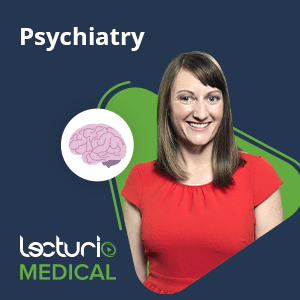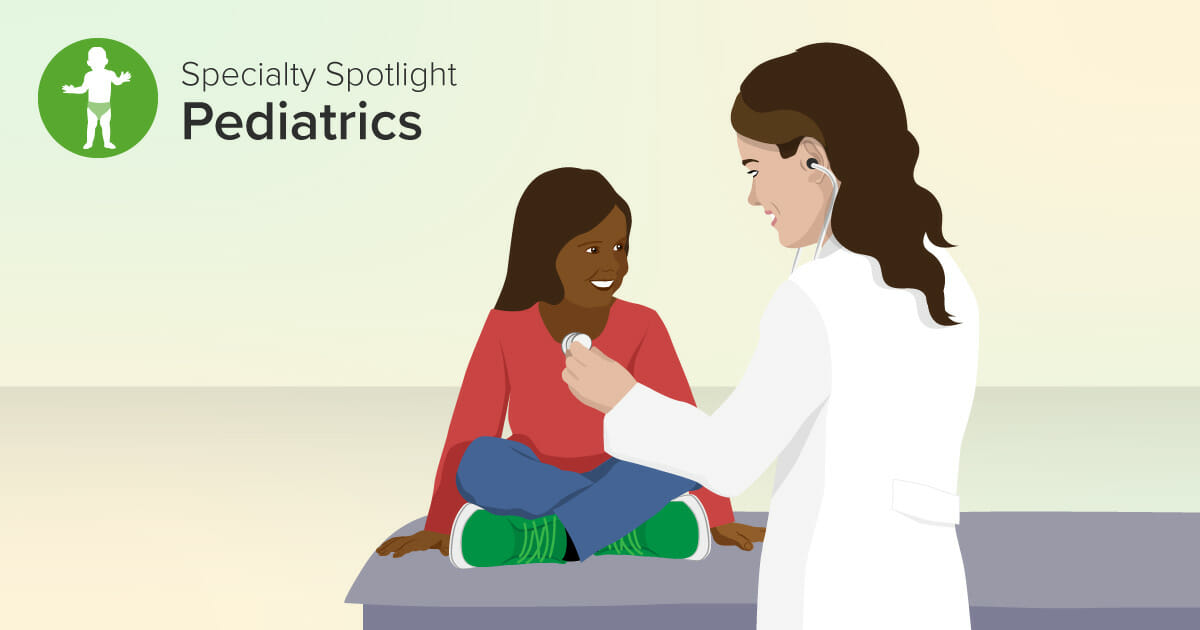Interview: What Does a Psychiatrist Do?
Q: Hi Young! Where did you go to medical school, and what was that like for you?
A: I went to the medical school at the University of Miami Miller School of Medicine.
It definitely was a hard experience, especially in the beginning. The amount of classes and material is hard to manage in the first 2 years. In years 3 and 4, you’re adjusting to what residency will be like, while at the same time still studying lots of material. But still, years 3 and 4 are definitely the more interesting years.
I would not agree with the myth that you cannot make friends in medical school – people I was close to in first year are still my best friends today. We just went through a lot together. And there’s so much material, it’s easier to study in groups.
Q: Why did you decide on your specialty–did you always know, or did something push you in this direction?
A: I completed my residency in general psychiatry at Aventura Hospital in Aventura, Florida. Now, I’m a fellow for child psychiatry.
Going to med school, I didn’t think I’d be a psychiatrist. But in the area where I went to school, I was exposed to a lot of people with substance abuse problems. I got the impression that there was a gap with people treating substance abuse and psychiatric conditions. So that was my reason to go into Psychiatry. During residency, I learned that, lots of times, there can be things that happened in childhood that cause substance abuse problems later in life, so I decided to focus on this topic.
Most people in residency, at least at the beginning, don’t have a specific topic they want to focus on, but decide after gathering some experience.
Q: What does a typical day as a psychiatrist look like?
A: Compared to other specialties, there are several things that are different. Obviously, we won’t do many procedures. Also, the way we round is very different. When we have rounds and are talking to patients, we’re not as focused on labs or vitals, but rather more on patient history. We’re really good at the patient interview, in that sense it is different.
We spend a lot more time talking to patients.
To me, this makes it more rewarding, too. For example, for patients with substance abuse disorders, we have to create motivation within the patient to change, which doesn’t happen in a short talk – or even within one hospital stay. To treat your patients as a psychiatrist, you work in interdisciplinary treating teams, and we work closely with social workers as well: for example, to figure out support for patients after they leave the hospital.
Q: What’s the best part about being a psychiatrist? What’s the most challenging part?
A: The best part for me definitely is when you do get a patient to change, to stop using the substance they are addicted to. The biggest challenge is that these victories are very, very rare. Out of thousands of patients, a handful have stayed clean. Maybe it can be compared to the situation of an oncologist, who faces death a lot of the time. You do your best as a physician, but there are also always factors you can’t control, like children going back to living in dangerous environments after leaving the hospital.
Q: Tell me something unique about your field!
A: As we said, on the rounds, we talk more and longer to the patient than other specialties. Then also, the stories that we deal with are unique. Every day at the hospital is different. Even for the same person, each admission might be different! The patients can be unpredictable. So peoples’ minds are what’s fun about it – but also what can be very challenging.
We are the specialty that treats people who don’t want to be treated.
When you’re diagnosed with diabetes, maybe at first you refuse, but you will most likely want to accept the treatment you need. But in psychiatry, insight is often very difficult. We often have involuntary hospitalizations, and an important task of psychiatrists is to make decisions on people’s capacity to decide for themselves.
Q: What advice do you have for students deciding on their specialties?
A: Whatever specialty you want to do, the first two years of medical school are not important. Look at year 3 and 4. The basic choice is probably if you want to do something surgical, or not.
Also, in rotations, we are exposed to lots of residents, but residency is temporary. So to learn what working in a specialty is actually like as a career, look at the attendings, not the residents! The rest of your career after residency will be a lot longer. At first, surgery was intriguing to me, but looking at the attendings’ lifestyle and stress levels, it seemed less attractive in my third year. So lifestyle and working conditions are a consideration, too.
Take the Course: Psychiatry
Cover all psychiatry essentials with Dr. Helen Farrell from Harvard Medical School
At a Glance: Facts About Becoming a Psychiatrist
How long does it take to be a psychiatrist?
Psychiatrists need a bachelor’s degree in a related subject, such as psychology. Once you have received a bachelor’s degree, you must apply and be accepted to medical school and study to become a psychiatrist.
The total time it will take to become a psychiatrist is close to 12 years. The detailed breakdown includes 4 years pursuing a bachelor’s, 4 years in medical school, and at least 4 years in residency. The time in residency could be extended depending on your chosen specialty. (University HQ; Psychiatrist Education, Washington University School of Medicine)
After you have become a certified physician, you will need to be re-certified every 10 years. (American Psychiatric Association)
What does a psychiatrist do?
Psychiatrists diagnose, treat, and prevent mental, emotional and behavioral disorders. Unlike psychologists, psychiatrists can prescribe medication to treat different mental health conditions. (American Psychiatric Association, Medical News Today)
Psychiatrists work in a variety of settings, including private practices, clinics, general and psychiatric hospitals, university medical centers, and community agencies. (American Psychiatric Association)
Some examples of types of psychiatry include: (Medical News Today)
- Child and adolescent psychiatry
- Geriatric psychiatry, focusing only on older adults
- Addiction psychiatry
- Forensic psychiatry
How many hours does a psychiatrist work?
On average, psychiatrists work close to 50 hours a week. Most psychiatrists spend 60% of their time with patients. (American Psychiatric Association)
About the psychiatrist lifestyle
Compared to other medical specialties, psychiatrists report being slightly happier overall. The burnout rate for a psychiatrist, though, is increasing with the growing number of bureaucratic tasks. (Medscape)
Outside of work, the majority of psychiatrists take longer vacations than other physicians. (Medscape)
Psychiatrists’ salary
Psychiatrists make around $217,000 a year. (Bureau of Labor Statistics, May 2020)




